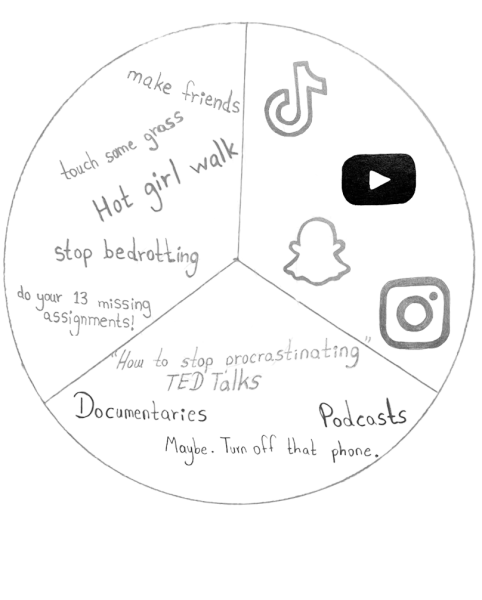13th
Slavery in the 21st century.
In 2016, Netflix dropped an eye-opening documentary about the history of mass Incarceration in the US. The film includes shocking facts beginning with the statistic that America currently only makes up 5% of the world’s total population, but 25% of the world’s inmates.
The Netflix documentary 13th was directed by Ava DuVernay, who is known for her direction of Selma – a film which allowed her to become the first black female director to have a film nominated for the Academy Award for Best Picture.
The story of Selma is about Dr. Martin Luther King’s historical march from Selma to Montgomery, Alabama, and his lifelong fight for equal voting rights. The Academy received a great amount of criticism for the limited nominations and awards given to Selma, which fueled the #OscarsSoWhite campaign.
DuVernay is once again telling the story of Black-Americans and contributing to the representation of people of color at a notoriously white awards show. This time she has a film in the category of Best Documentary Feature. 13th is up against O.J.: Made In America and I am Not Your Negro, two other features that deal with race and race relations in America.
The documentary focuses on the rise of prison industrial complexes in the United States, and the racism that has influenced the nation’s criminal justice system since the days of slavery. The term prison Industrial complex is used to describe the jailing of Americans for profit and the political influence on the criminal justice system.
The film’s title is a reference to the 13th Amendment of the constitution which marked the abolition of slavery. DuVernay sheds light on the often forgotten clause in the Amendment which allowed slavery to continue if the individual was deemed a criminal
The film follows the impact of this loophole throughout history, analyzing historical governmental control over Black-Americans, from Slavery to Jim Crow to modern mass incarceration.
13th scrutinizes the involvement of both Republicans and Democrats in the marginalization and maltreatment of black people in the US. The film references President Ronald Reagan’s War on Drugs and President Bill Clinton’s 1994 Crime Bill for inciting the age of mass incarceration that sends black people to prison at alarmingly high rates,
DuVernay leads the audience
through a collection of heartbreaking statistics on how the American prison system has failed Black-Americans. One of these being that black men make up approximately 6.5% of the US population, but they make up 40.2% of the prison population, and another that one in three black males is expected to go to prison during his life.
“Throughout American history, African-Americans have repeatedly been controlled through systems of racial and social control that appear to die, but are then reborn in form tailored to the needs and constraints of the time”said civil rights activist Michelle Alexander,who shares her thoughts on mass incarceration within the film.
Other notable speakers in the documentary include Sen. Cory Booker of New Jersey, an advocate for criminal–justice reform, and Angela Davis, an outspoken activist active during the Civil Rights Movement.
By combining these insightful voices, a powerful soundtrack– including hits by Nina Simone, Usher and Killer Mike– and
archived footage from as early
as the Civil Rights Movement,
DuVernay creates a compelling documentary about the history of the Prison industrial complex in the US and draws a direct line connecting slavery to modern day mass incarceration.
Unlike many tellings of history, 13th rejects the glorification and romanticism associated with the abolishment of slavery. This film is a must watch for everyone, and it can be found on Netflix along with other online streaming sites.
Art by Cora Andersen Bicknell





